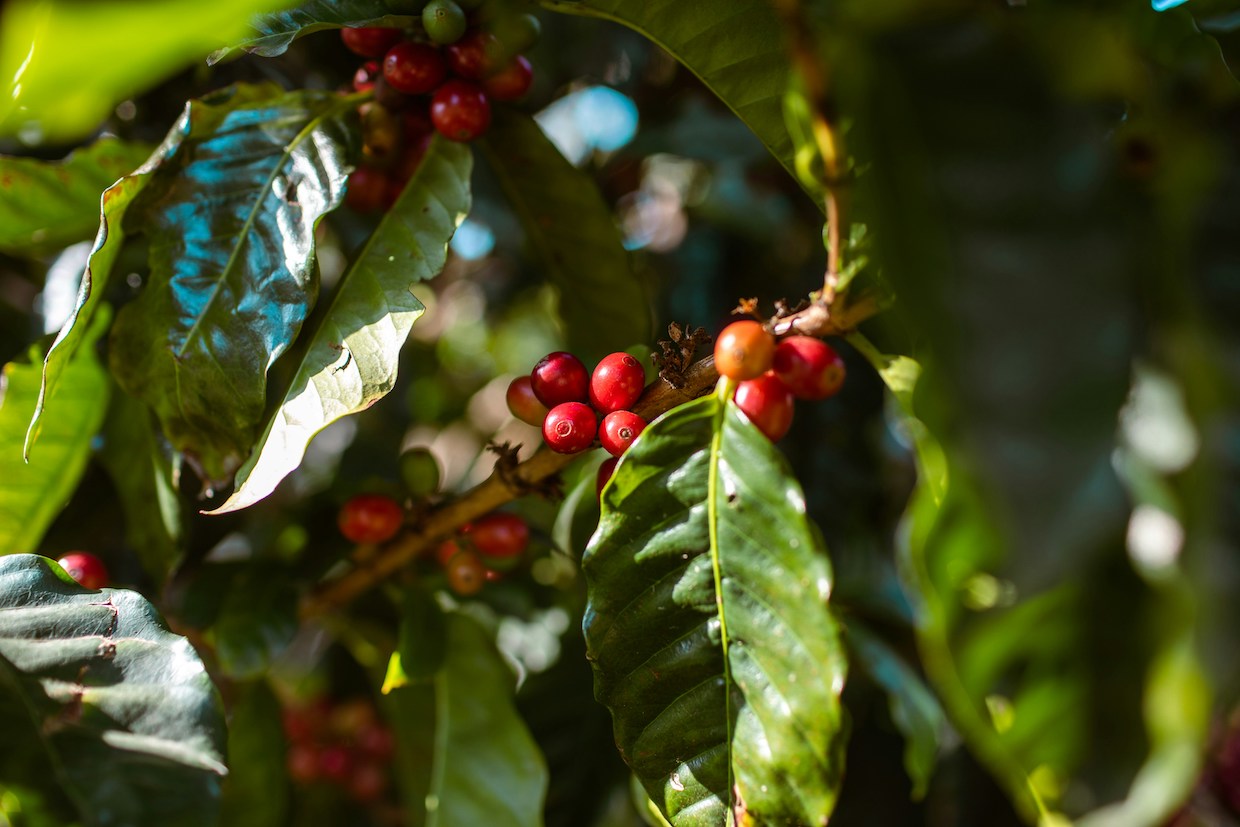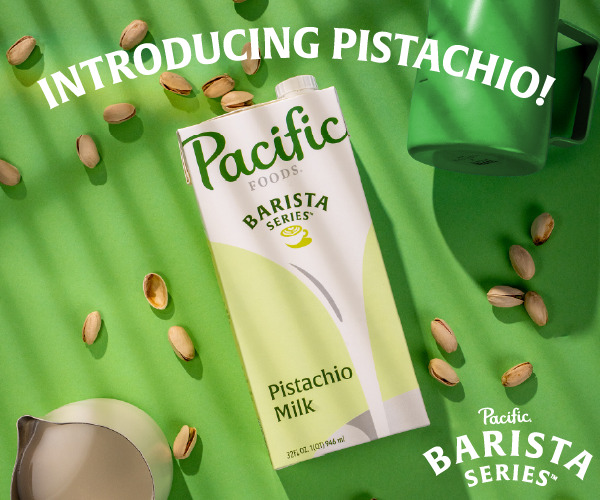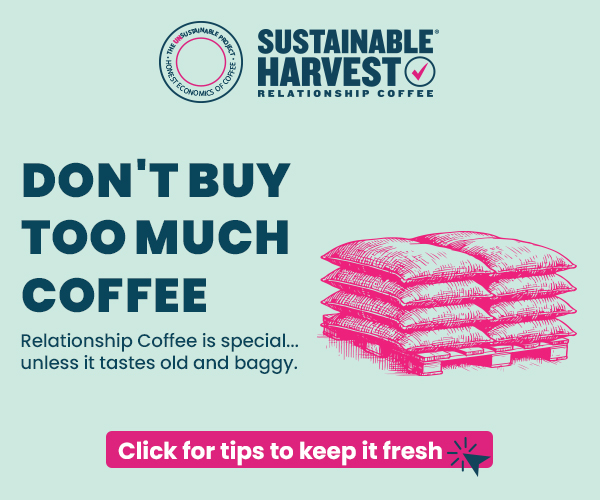The sustainability certification organization Fairtrade International is updating its published coffee standard in order to meet or exceed the forthcoming requirements of the EU deforestation-free regulations (EUDR).
While Fairtrade International maintains a mission to support smallholder farmers all over the world, the new standard adds monitoring and reporting requirements for certified coffee producer groups, as well as for coffee buyers and traders within the Fairtrade system. Taking effect in 2026, the standard will apply to all Fairtrade-certified coffees, not solely those destined for the EU.
The EUDR — which technically went into effect in June 2023 with enforcement expected to begin for large European companies beginning in January 2025 — is designed to prevent deforestation associated with numerous agricultural products imported in the EU, including coffee.
The new coffee standard is designed to provide guidance to approximately 600 coffee cooperatives, representing around 870,000 coffee farmers cultivating 1.1 million hectares, in meeting deforestation-free requirements, according to Fairtrade International.
“There is no denying we are living in an era of climate crisis,” Fairtrade International Senior Advisor, Climate and Environment, Juan Pablo Solis said in an announcement of the new standard. “For farmers and workers, the frequency and severity of climate variability means high exposure to human and environmental risks that jeopardize their livelihoods. It is no secret that climate change directly impacts smallholders’ future, hence a significant change in our global food system is paramount.”
The Fairtrade standard, approved by the Fairtrade International Standards Committee following input from key stakeholders, including representatives of coffee farmers and farmworkers, exceeds EUDR requirements in several aspects.
Notably, it establishes a deforestation cut-off date of Jan. 1, 2014 — meaning no coffee should come from lands that have been deforested since then — as compared to EUDR’s Dec. 31, 2020, cut-off date.
Furthermore, the standard requires producer cooperatives to develop prevention and mitigation plans, including satellite-based deforestation monitoring facilitated by Fairtrade. Fairtrade recently enlisted the Dutch firm Satelligence for satellite-monitoring services.
“The EUDR requires geolocation data, but the Fairtrade standard goes further by requiring producer organizations to collect this information, and payers and conveyors to report it to Fairtrade and also share this with the producer organizations to prevent deforestation,” the group said in an announcement today. “This detail points to the principle of fairness, meaning that the responsibility of protecting the environment must be shared by all those involved.”
Fairtrade International raised the price minimums and certain premiums paid to producers for certified coffees effective last August.
Comments? Questions? News to share? Contact DCN’s editors here.












Comment